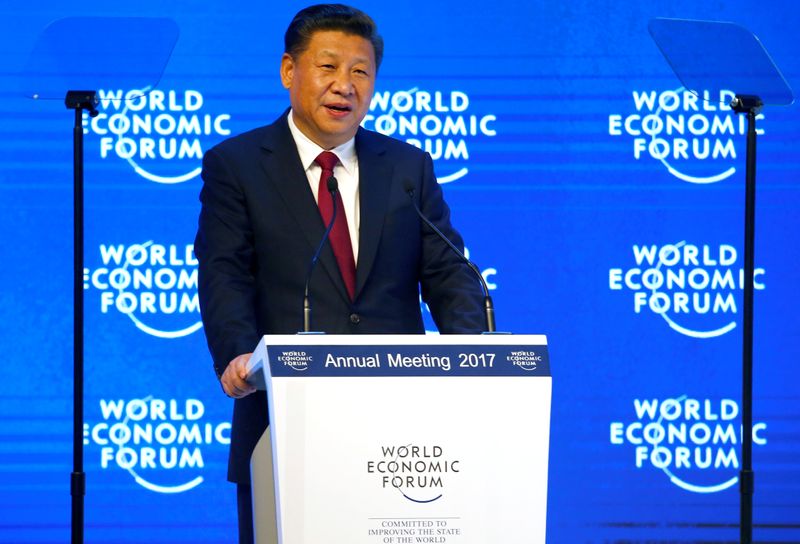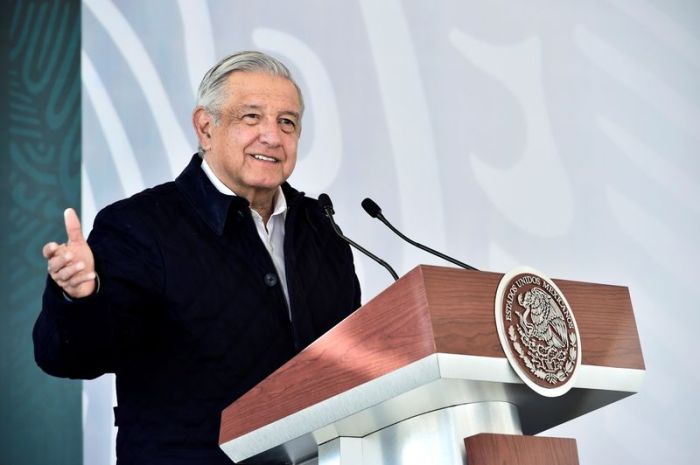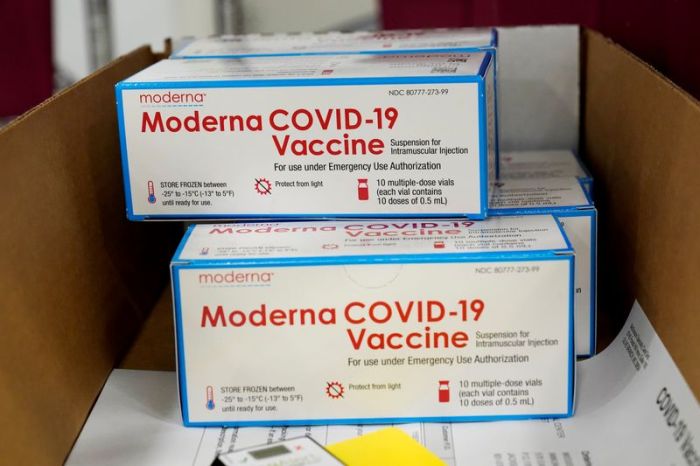(Reuters) – China’s President Xi Jinping on Monday called on the world to strengthen macroeconomic policy coordination and bolster the role of the G20 in global economic governance as he pointed to a “rather shaky” recovery from the coronavirus pandemic.
Speaking at a virtual meeting of the World Economic Forum – a gathering usually held in a Swiss ski resort – Xi said the global economic outlook remained uncertain and public health emergencies “may very well recur” in future.
Xi, making his first appearance at the forum since his vigorous defence of free trade and globalisation in an address in Davos in 2017, struck a similar tone this time around, advocating multilateralism as the way out of current challenges in a roughly 25-minute speech. [https://tinyurl.com/y3akbv4l]
“We should build an open world economy … discard discriminatory and exclusionary standards, rules and systems, and take down barriers to trade, investment and technological exchanges,” he said.
The G20 – an international forum grouping 19 of the biggest developed and emerging economies, plus the European Union – should be strengthened as the “main forum for global economic governance” and the world should “engage in closer macro-economic policy coordination”, Xi added.
China itself would more actively participate in global economic governance, he said.
China’s GDP grew by 2.3% in 2020, according to official data released last week. That was its lowest annual growth rate in more than four decades but still made China the only major economy to avoid a contraction last year as many nations struggled to contain the pandemic.
International governance should be based on rules and consensus, instead of on orders given by one or the few, Xi added, without naming any countries.
“The world is undergoing changes unseen in a century, and now is the time for major development and major transformation,” he said.
Xi’s speech came just five days after Joe Biden was sworn in as U.S. president.
Under Biden’s predecessor, Donald Trump, tensions simmered between the United States and China, the world’s top two economies, on issues ranging from trade and technology to Hong Kong, Xinjiang and the coronavirus.
(Reporting by Meg Shen and Tom Daly; Editing by Toby Chopra and Alex Richardson)
























